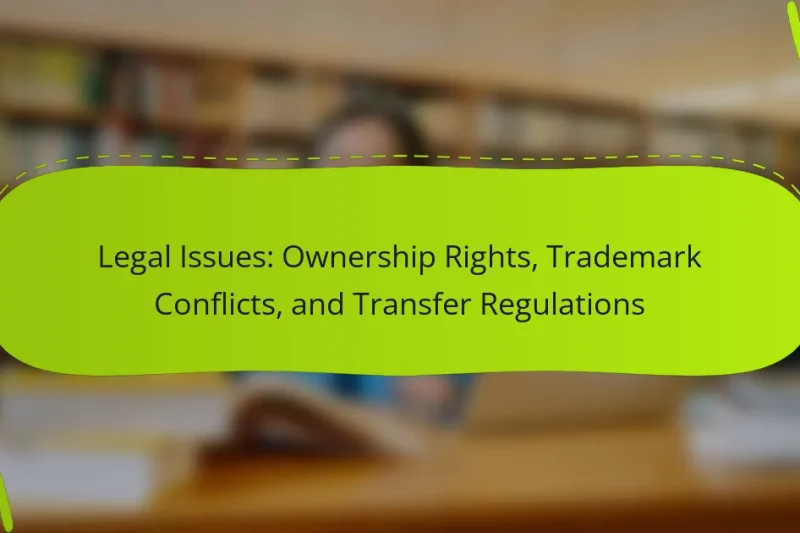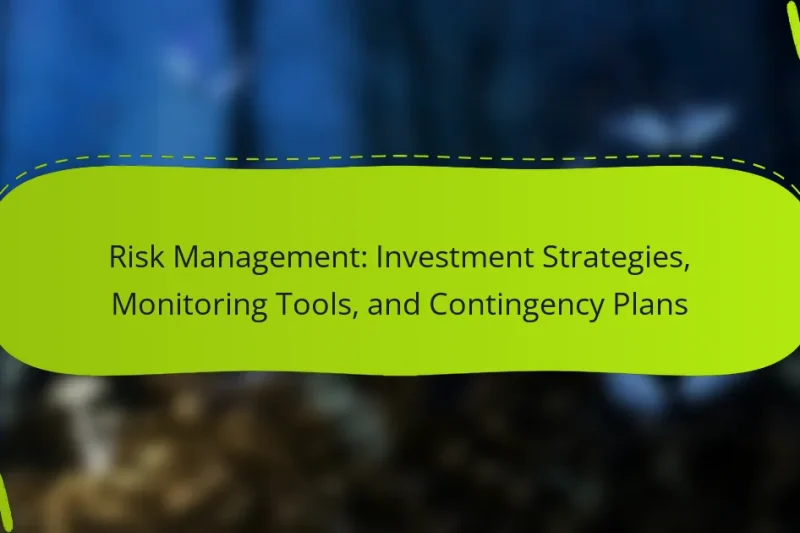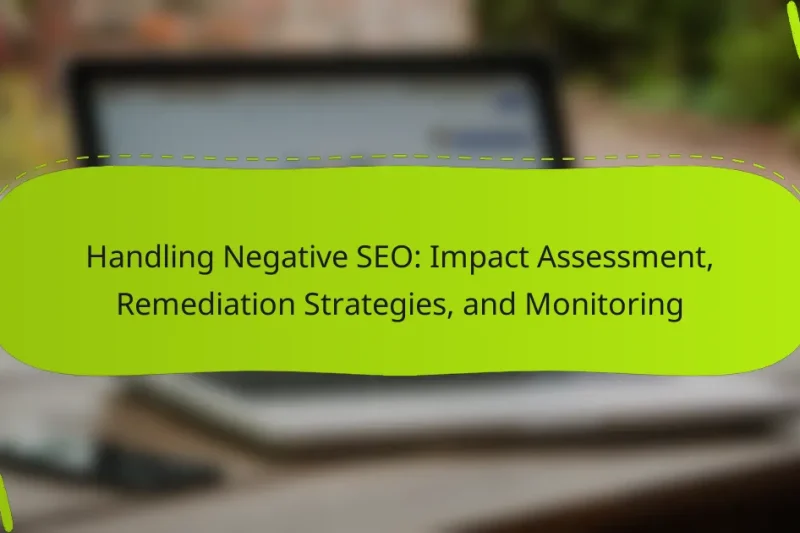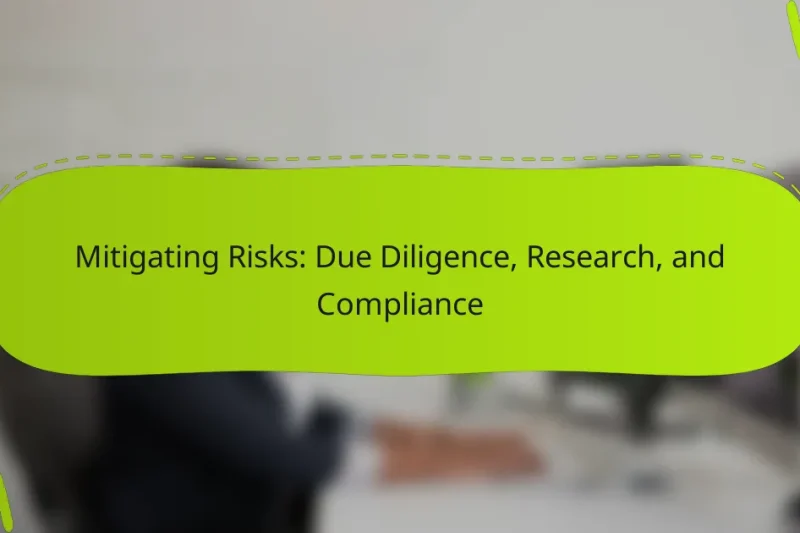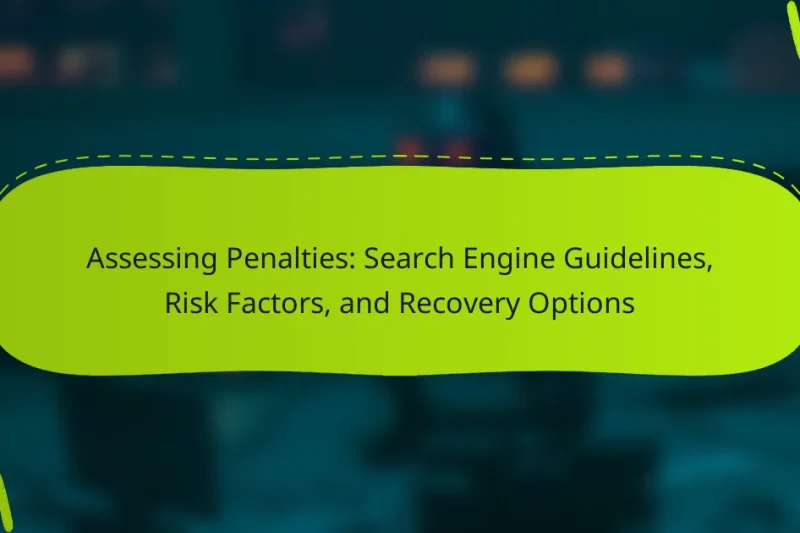In Palau, ownership rights span intellectual property, real estate, and business ownership, making it essential for … Legal Issues: Ownership Rights, Trademark Conflicts, and Transfer RegulationsRead more
Understanding Risks of Aged Domains
Aged domains can offer significant advantages for your online presence, but they also come with inherent risks that must be carefully considered. Issues such as spam penalties, trustworthiness, and SEO performance can arise if the domain’s history is not thoroughly vetted. To maximize the benefits while minimizing potential drawbacks, it’s crucial to conduct comprehensive research and choose reputable sellers that align with your objectives.
Risk Management: Investment Strategies, Monitoring Tools, and Contingency Plans
Risk management in investment strategies is crucial for safeguarding assets while aiming for optimal returns. By … Risk Management: Investment Strategies, Monitoring Tools, and Contingency PlansRead more
Evaluating Competition: Market Analysis, Niche Trends, and Domain Value
Evaluating competition in display advertising markets is crucial for understanding competitors’ strategies and market dynamics. By … Evaluating Competition: Market Analysis, Niche Trends, and Domain ValueRead more
Common Pitfalls: Investment Strategies, Budgeting, and Domain Selection
Understanding common pitfalls in investment strategies, budgeting, and domain selection is essential for achieving financial success. … Common Pitfalls: Investment Strategies, Budgeting, and Domain SelectionRead more
Handling Negative SEO: Impact Assessment, Remediation Strategies, and Monitoring
Negative SEO poses a serious threat to websites, particularly in terms of traffic reduction, diminished search … Handling Negative SEO: Impact Assessment, Remediation Strategies, and MonitoringRead more
Mitigating Risks: Due Diligence, Research, and Compliance
Mitigating risks in business transactions requires a robust approach to due diligence, research, and compliance. In … Mitigating Risks: Due Diligence, Research, and ComplianceRead more
Assessing Penalties: Search Engine Guidelines, Risk Factors, and Recovery Options
Understanding search engine penalties is crucial for maintaining your website’s visibility and performance. Violations of search … Assessing Penalties: Search Engine Guidelines, Risk Factors, and Recovery OptionsRead more
What are the risks of using aged domains in Palau?
Using aged domains in Palau carries several risks that can affect your online presence. These risks include potential spam penalties, loss of trustworthiness, SEO performance issues, legal liabilities, and concerns about the domain’s history.
Potential for spam penalties
Aged domains may have a history of being associated with spammy activities, which can lead to penalties from search engines. If a domain was previously used for black hat SEO tactics, it could be flagged, negatively impacting your site’s ranking. Always check the domain’s past to avoid inheriting these issues.
Loss of trustworthiness
Consumers in Palau may be wary of aged domains that have a questionable reputation. If a domain has been linked to scams or unreliable content, it can lead to a loss of trust among potential visitors. Building credibility may take longer if your domain has a tarnished history.
SEO performance issues
Aged domains can present SEO challenges due to their previous usage. If the domain was not properly optimized or had poor backlinks, it may struggle to rank well in search engine results. Conduct a thorough SEO audit to identify any existing issues before committing to an aged domain.
Legal liabilities
There may be legal risks associated with using an aged domain, especially if it was involved in copyright infringement or other illegal activities. If the previous owner faced legal action, you could inherit those liabilities. Always perform due diligence to understand the domain’s legal history.
Domain history concerns
The history of an aged domain can significantly impact its value and usability. Investigate the domain’s past ownership, previous content, and any penalties it may have received. Tools like the Wayback Machine can help you view the domain’s historical content, giving you insights into its reputation and potential risks.
How can you mitigate risks associated with aged domains?
To mitigate risks associated with aged domains, it’s essential to conduct thorough research and analysis before making a purchase. This includes evaluating the domain’s history, backlink profile, and previous ownership to ensure it aligns with your goals and does not carry hidden penalties.
Conduct thorough due diligence
Thorough due diligence involves investigating the domain’s history, including its registration dates, previous uses, and any past penalties. Use tools like the Wayback Machine to view archived versions of the site and assess its content over time.
Additionally, check for any existing trademarks or legal issues tied to the domain. This can prevent future complications and ensure that your investment is sound.
Use reliable domain appraisal tools
Utilizing reliable domain appraisal tools can provide insights into the domain’s market value and potential risks. Tools like Estibot or GoDaddy’s Domain Appraisal can help you gauge the worth based on factors such as age, keyword relevance, and traffic statistics.
Be cautious of relying solely on automated valuations; consider combining these tools with your own research for a more comprehensive assessment.
Check backlink profiles
Analyzing the backlink profile is crucial as it reveals the quality and relevance of sites linking to the domain. Use tools like Ahrefs or Moz to examine the backlinks for any toxic links that could harm your SEO efforts.
A healthy backlink profile should consist of diverse, authoritative links. Aim for a profile with a good ratio of dofollow to nofollow links, as this indicates natural link-building practices.
Verify previous ownership
Verifying previous ownership can uncover any potential issues that may affect the domain’s reputation. Use WHOIS lookup services to find out who owned the domain previously and check if it was associated with spammy practices or blacklisted content.
Understanding the domain’s past can help you make informed decisions and avoid domains that may bring unwanted risks to your brand or website.
What are the best practices for acquiring aged domains?
Acquiring aged domains can enhance your online presence, but following best practices is crucial to ensure a successful investment. Focus on reputable sellers, assess the relevance of the domain to your niche, and evaluate its authority metrics to make informed decisions.
Choose reputable sellers
When acquiring aged domains, it’s essential to choose sellers with a solid reputation. Look for established marketplaces or brokers that have positive reviews and a track record of successful transactions. Avoid sellers with unclear histories or those that lack transparency in their offerings.
Consider checking platforms like NameBio or Sedo, where you can find user ratings and transaction histories. This can help you gauge the reliability of the seller and the quality of the domains they offer.
Assess domain relevance
Domain relevance is critical for SEO and audience engagement. Ensure that the aged domain aligns with your business niche or industry. A domain that reflects your brand or services will likely attract a more targeted audience and improve your site’s credibility.
To assess relevance, analyze the previous content associated with the domain. Tools like Wayback Machine can help you view historical snapshots of the site, giving insights into its past use and audience. If the domain has a history unrelated to your niche, it may not be worth pursuing.
Evaluate domain authority metrics
Domain authority metrics are indicators of a domain’s strength and potential performance in search engines. Use tools like Moz, Ahrefs, or SEMrush to check metrics such as Domain Authority (DA), Page Authority (PA), and backlinks. Higher scores typically indicate a more valuable domain.
Look for domains with a DA in the low to mid-tens for new projects, while established brands may aim for DA in the 30s or higher. Additionally, review the quality of backlinks; domains with links from reputable sites are generally more valuable than those with low-quality or spammy links.
What are common misconceptions about aged domains?
Many people mistakenly believe that aged domains automatically possess high value and guarantee SEO success. Understanding these misconceptions is crucial for making informed decisions when considering aged domains for your online presence.
Assuming all aged domains are valuable
Not all aged domains hold significant value. While some may have established authority and backlinks, others could be penalized or have a poor reputation. It’s essential to evaluate each domain individually based on its history, backlink profile, and current relevance to your niche.
To assess a domain’s value, consider using tools that analyze metrics like Domain Authority (DA), Page Authority (PA), and backlink quality. A domain with a strong DA and high-quality backlinks is more likely to be valuable than one with a low score, even if it is older.
Believing age guarantees SEO success
While an older domain can have advantages, such as established trust and authority, age alone does not ensure SEO success. Factors like content quality, relevance, and ongoing optimization play a significant role in search engine rankings.
It’s vital to focus on creating high-quality content and optimizing your website for user experience and search engines. Regularly updating the site and engaging with your audience can be more impactful than simply relying on the domain’s age for SEO performance.
How do aged domains compare to new domains?
Aged domains often have established authority and backlinks, making them potentially more valuable than new domains. However, they may also carry risks such as previous penalties or a tarnished reputation that new domains do not face.
Benefits of aged domains
Aged domains can provide several advantages, including improved search engine rankings and immediate traffic due to existing backlinks. They may also have a history of stable performance, which can be beneficial for businesses looking to establish credibility quickly.
For example, an aged domain with a strong backlink profile can rank for competitive keywords more easily than a new domain starting from scratch. This can save time and resources in building online visibility.
Risks associated with aged domains
Despite their benefits, aged domains can come with hidden risks. Previous ownership may have left the domain with penalties from search engines, which can hinder its performance. Additionally, the domain’s history may include spammy backlinks or content that could negatively impact its reputation.
Before purchasing an aged domain, conduct thorough research to uncover its history. Tools like Ahrefs or SEMrush can help identify any past issues that may affect its current value.
Considerations when choosing between aged and new domains
When deciding between an aged domain and a new one, consider your business goals and timeline. If you need quick visibility and authority, an aged domain might be the better choice. However, if you prefer to build a brand from the ground up without any historical baggage, a new domain could be more suitable.
Evaluate your budget as well; aged domains can be significantly more expensive than new ones. Weigh the potential benefits against the risks and costs to make an informed decision.
